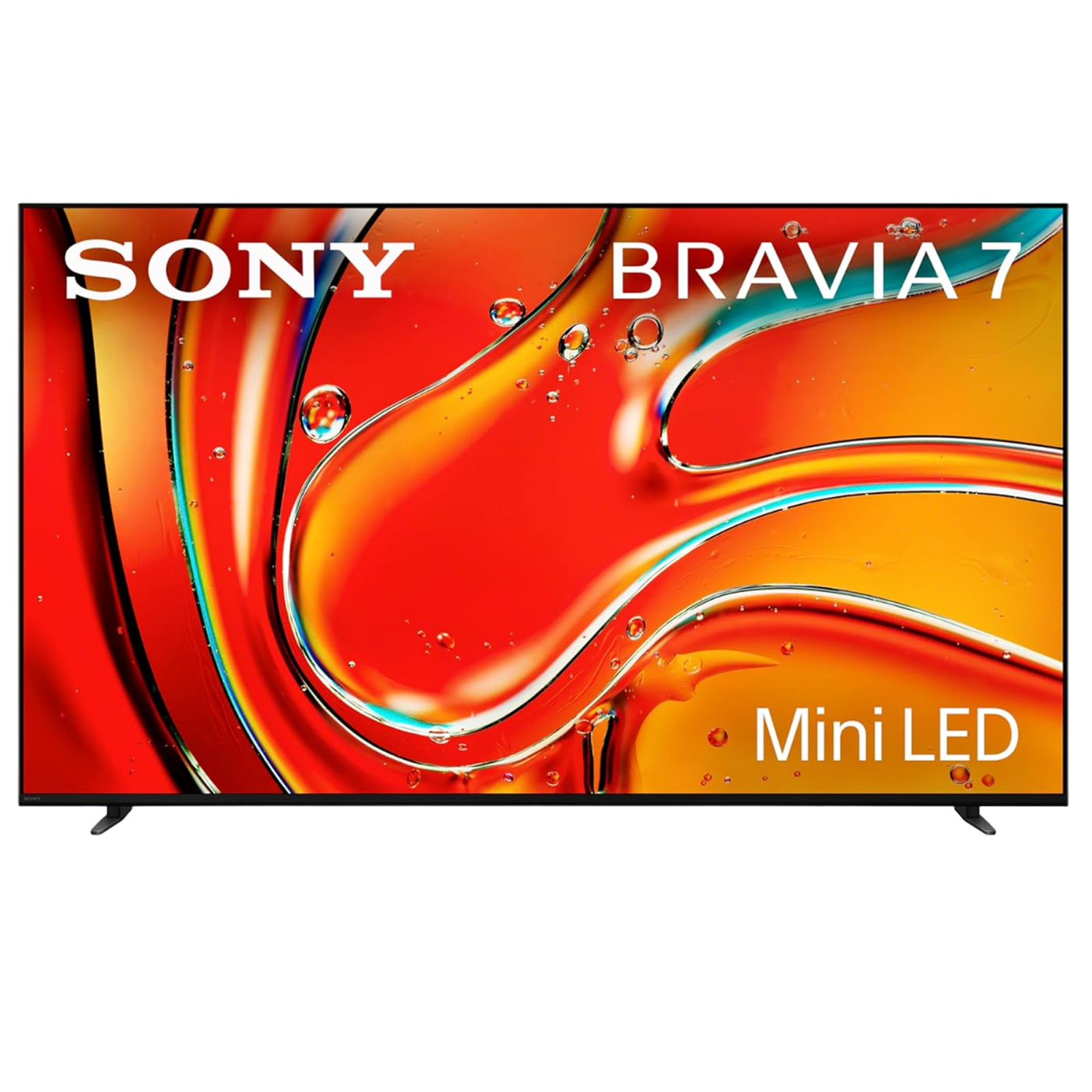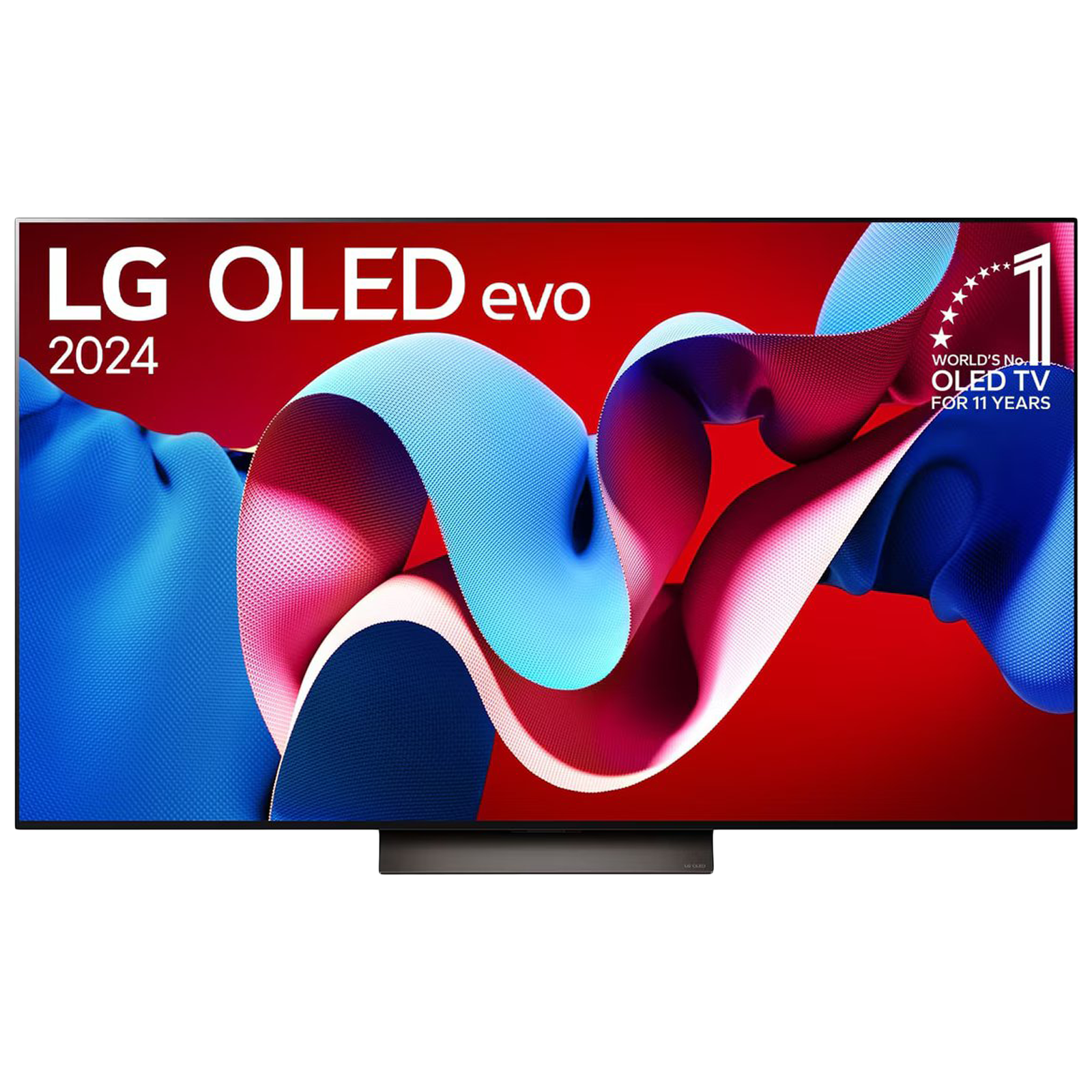Choosing a new TV can be a daunting task, especially with the vast array of options available today. Among the many choices, the debate between Liquid Crystal Display (LCD) and Organic Light Emitting Diode (OLED) televisions stands out as one of the most significant.
Each technology has its own set of advantages and disadvantages, making it essential to understand the differences before making a purchase. This article explorers the essential features of both LCD and OLED TVs, helping you determine which might be the better choice for your needs.
Understanding LCD technology
LCD technology has been a mainstay in the TV market for many years. LCD TVs operate by using a backlight, typically LED, to illuminate pixels arranged in a grid. These pixels contain liquid crystals that modulate light to produce images. One of the primary benefits of LCD TVs is their brightness.
ALSO READ: LCD TVs vs LED TVs: Are they truly different?
They can achieve high levels of luminance, making them ideal for well-lit rooms. Additionally, LCD TVs are more affordable than their OLED counterparts, making them a popular choice for budget-conscious consumers.
Products in focus
The advantages of OLED technology
OLED technology represents a significant leap forward in display innovation. Unlike LCDs, OLED TVs do not require a backlight. Instead, each pixel is self-emissive, meaning it can independently emit light when an electric current passes through it. This allows OLED TVs to achieve perfect blacks and an infinite contrast ratio, as individual pixels can be turned off completely.
This results in a stunningly vibrant and lifelike picture quality with great contrast that is particularly noticeable in dark scenes. OLED TVs are also known for their superior viewing angles, with minimal colour and brightness degradation even when viewed from the side.
LCD TVs vs OLED TVs: Energy efficiency and lifespan
When it comes to energy efficiency, OLED TVs generally have the upper hand. Since they do not require a backlight and can turn off individual pixels, OLED displays consume less power than LCDs, especially when displaying darker content. However, it is worth noting that the energy consumption can increase with brighter images.
On the other hand, LCD TVs, while relatively more power-hungry, have a longer lifespan. OLED pixels can degrade over time, potentially leading to burn-in issues where static images leave a permanent mark on the screen. Manufacturers have made significant strides in mitigating this risk, but it remains a consideration for potential buyers.
LCD TVs vs OLED TVs: Price and availability
Price is a crucial factor for many consumers, and here, LCD TVs hold the advantage. Due to the mature manufacturing process and widespread availability, LCD TVs are generally less expensive than OLED models. This price difference can be substantial, particularly in larger screen sizes.
However, as OLED technology becomes more common, prices are gradually decreasing. It’s also worth considering the availability of both technologies in different regions, as this can impact the overall cost and selection.
LCD TVs vs OLED TVs: Which should you choose?
Ultimately, the decision between LCD and OLED TVs comes down to personal preference and usage scenarios. If you prioritise picture quality, especially in terms of contrast and colour accuracy, and do not mind spending more, an OLED TV would be the perfect fit. However, if you need a bright display for a well-lit room, are concerned about potential burn-in, or are working within a tighter budget, an LCD TV could be the better choice. Both technologies offer unique benefits, and understanding your specific needs will help you make the best decision.
ALSO READ: What is an OLED TV?
The choice between LCD and OLED TVs depends on various factors, including picture quality, energy efficiency, lifespan, and price. Each technology has its strengths and weaknesses, and what works best for one person might not be ideal for another. By carefully considering these aspects, you can choose a TV that enhances your viewing experience and fits your lifestyle. If you are confused about choosing the right TV size for your home, you can read this TV viewing distance guide to help you make an informed decision.
Unleash your inner geek with Croma Unboxed
Subscribe now to stay ahead with the latest articles and updates
You are almost there
Enter your details to subscribe

Happiness unboxed!
Thank you for subscribing to our blog.
Disclaimer: This post as well as the layout and design on this website are protected under Indian intellectual property laws, including the Copyright Act, 1957 and the Trade Marks Act, 1999 and is the property of Infiniti Retail Limited (Croma). Using, copying (in full or in part), adapting or altering this post or any other material from Croma’s website is expressly prohibited without prior written permission from Croma. For permission to use the content on the Croma’s website, please connect on contactunboxed@croma.com
- Related articles
- Popular articles














Anvinraj Valiyathara
Comments